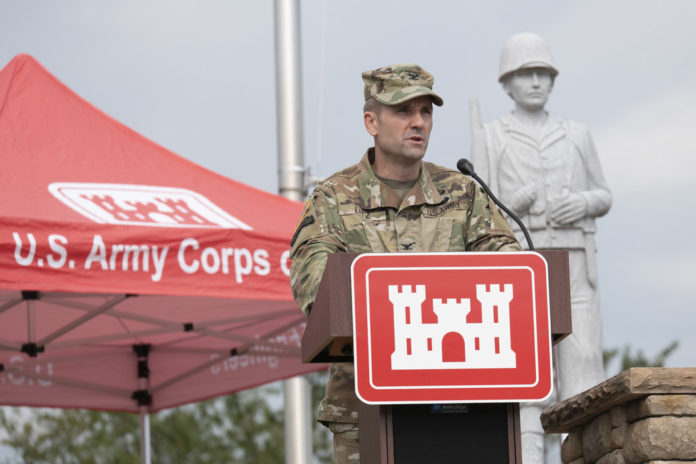
The United States Army Corp of Engineers is set to embark on a major study to find ways to mitigate against the constant floods along the lower section of the Missouri River, around where it drains into Mississippi River.
In the recent past, the overflowing Missouri River has caused damages worth $2.9 billion in mainly Iowa, Nebraska, Kansas, and Missouri. Army Corps is the state agency that oversees canals, dams, and flood protection in the country. The constant floods have prompted them to find a long-lasting, sustainable solution to improve the management of the river and its vast network of dams, reservoirs and flood banks, to curb flood damages.
Army Corps’ primary focus will be on how to improve the river flows so that an increase in water levels is sustainable, enhanced, and managed. They intend to concentrate on a 735 mile long stretch in the rivers lower section to avoid revising the management of the entire river, which would fuel regional clashes.
Changing the entire river management strategy would mean disrupting municipal water supplies, endangering protected species, and paralyzing barge services along the river.
James River, a tributary of Missouri River, in South Dakota, remained flooded for over 300 days since early spring last year. The tributary flows into the Missouri River at the Nebraska and South Dakota border. Flooding was triggered by heavy snowfall and extremely low temperatures, followed by a winter storm in mid-march.
The Midwestern United States recorded the period between 2019 January and May as the wettest in the history of the country, more than 10 million people the southern and Midwestern states have been affected by what is now known as ‘The Great Flood of 2019.’
Army Corps’ Northwestern division will carry out the study, Matt Rabe, who is the spokesman the study seeks to address the urgency that has been expressed to the corps by the state.


